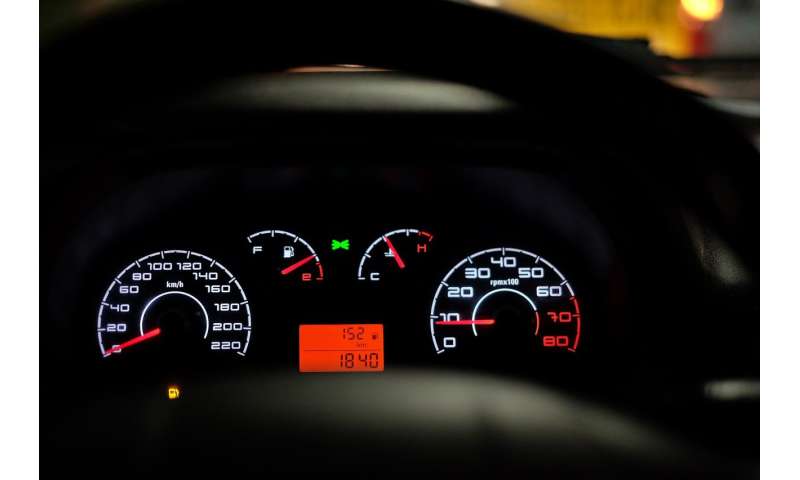Battle between Trump and states over car pollution heads to court
by Anna M. Phillips and Tony Barboza
California and nearly two dozen other states on Wednesday filed suit against the Trump administration, arguing that its decision to weaken fuel efficiency standards for cars and trucks puts the public's health at risk and is based on flawed science.
The lawsuit is the latest step in an escalating battle between the administration and Democratic state attorneys general, who have used the courts to push back against the president's agenda of diluting environmental regulations in order to bolster the economy.
The outcome is likely to be decided by the Supreme Court and could have serious consequences for California and the 13 other states that have embraced tougher car pollution standards than those set by the federal government.
Joined by 22 other states and the District of Columbia, California's lawsuit says that the new rule from the Environmental Protection Agency and Transportation Department, dubbed the Safer Affordable Fuel Efficient Vehicle rule, or SAFE, is unlawful and rests on an error-ridden analysis concocted to justify the administration's desired outcome.
"The Trump Administration says this rule will save money and save lives, but that couldn't be farther from the truth," California Attorney General Xavier Becerra said in a statement. "Just read the text of the rule. The fact is the so-called 'SAFE' rule is a job-killer and public health hazard."
According to Becerra's office, this lawsuit is the 82nd filed by California against the Trump administration. More than half of the suits have targeted Trump's efforts to dismantle major climate and environmental policies. Though most are still making their way through the courts, a Becerra representative said the state had racked up 21 environmental wins.
Trump's rule replaces the Obama-era mandate that required automakers to increase fuel economy across their fleets by 5% annually. Instead, car manufacturers will only have to improve their performance by 1.5% a year. And rather than being required to produce cars that reach an average of 54 miles per gallon by 2025, the bar will be lowered to 40 mpg by 2026.
Nearly 900 million more tons of carbon dioxide are expected to be released under the new rule than under the Obama-era standards, a result of less efficient cars burning an additional 78 billion gallons of fuel.
Environmentalists and public health advocates have said that the change, if it is upheld by the courts, will be likely to contribute to thousands of premature deaths and asthma attacks.
Consumer advocacy groups have also criticized the administration's claims that the new rule will improve the economy and benefit drivers by lowering the cost of new cars.
The government's own analysis shows that, while loosening fuel-economy standards could shave about $1,000 off the price of a car, drivers would have to buy more gasoline than they would have under the current rule.
The new standards will apply nationwide. Although California has historically set its own tougher car pollution rules, the Trump administration last year moved to strip the state of that authority. California and many of the other states that have adopted its clean-car standards have sued the administration over this change, and that issue probably won't be resolved until next year.
©2020 Los Angeles Times
Distributed by Tribune Content Agency, LLC.